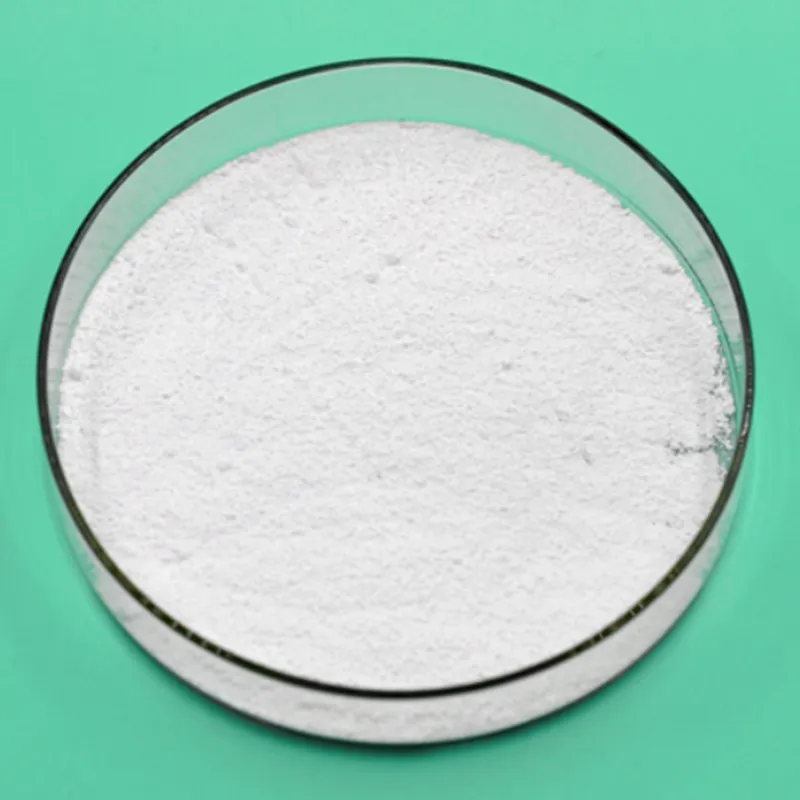
compound fertilizer
Understanding Compound Fertilizers Enhancing Crop Yields and Soil Health
In the realm of agriculture, the quest for achieving optimal crop yields while maintaining soil health has led to the widespread use of fertilizers. Among the various types, compound fertilizers have gained significant attention due to their balanced nutrient content. These fertilizers are a mixture of two or more essential nutrients, making them a popular choice for farmers seeking to enhance crop growth and productivity.
What are Compound Fertilizers?
Compound fertilizers, often referred to as NPK fertilizers, contain three primary macronutrients nitrogen (N), phosphorus (P), and potassium (K). These nutrients play crucial roles in plant development. Nitrogen is vital for leaf growth and green foliage, phosphorus supports root development and flowering, while potassium enhances overall plant robustness and resistance to diseases. By combining these nutrients in a single product, compound fertilizers offer a convenient solution for fertilization needs.
Types of Compound Fertilizers
Compound fertilizers can be categorized into two main types blended and complex. Blended fertilizers are created by mixing different raw materials, each containing one or more of the essential nutrients. This blending process is relatively straightforward and allows for customization based on specific crop requirements. On the other hand, complex fertilizers are chemically synthesized, ensuring that the nutrients are in a uniform form, which can provide more consistent results. Understanding the specific needs of the crops and the soil can help farmers choose the appropriate type of compound fertilizer.
Benefits of Compound Fertilizers
compound fertilizer

One of the primary benefits of using compound fertilizers is improved nutrient efficiency. Since these fertilizers contain multiple nutrients, farmers can apply them less frequently compared to single nutrient fertilizers, thereby saving time and labor costs. Additionally, the balanced nutrient profile of compound fertilizers helps prevent nutrient deficiencies, a common issue that can stunt plant growth and reduce yields.
Moreover, compound fertilizers enhance soil health. When applied correctly, these fertilizers can improve soil structure, increase microbial activity, and promote better nutrient absorption by plants. This holistic approach not only leads to healthier crops but also contributes to the long-term sustainability of agricultural practices.
Application Considerations
While compound fertilizers offer numerous benefits, their application must be managed carefully. Soil testing is essential to determine existing nutrient levels and pH, allowing farmers to make informed decisions about fertilizer types and application rates. Over-application can lead to nutrient runoff, which poses environmental risks, including water pollution.
Farmers should also consider the timing of fertilizer applications. Applying fertilizers during key growth stages—such as seedling development or flowering—can maximize their impact. Additionally, integrating compound fertilizers with organic matter, such as compost or manure, can further enhance soil quality and nutrient availability.
Conclusion
In conclusion, compound fertilizers represent a vital tool in modern agriculture. Their convenience, efficiency, and positive impact on soil health make them an attractive option for farmers aiming to boost crop yields while promoting sustainable farming practices. By understanding the types of compound fertilizers available and applying them judiciously, farmers can cultivate healthier crops and contribute to a more resilient agricultural system. As the world faces increasing food demands, the role of compound fertilizers in enhancing agricultural productivity will remain pivotal.
-
Understanding Synthetic Rubber OptionsNewsApr.27,2025
-
Trichloroisocyanuric Acid: Essential for Clean and Safe WaterNewsApr.27,2025
-
Sodium Dichloroisocyanurate: Key to Safe Water TreatmentNewsApr.27,2025
-
Sodium Acid Pyrophosphate: Essential in Modern Food ProcessingNewsApr.27,2025
-
Essential Water Treatment ChemicalsNewsApr.27,2025
-
Denatured Alcohol and Its Industrial UsesNewsApr.27,2025
-
The Versatile Uses of Sodium BicarbonateNewsApr.24,2025
Hebei Tenger Chemical Technology Co., Ltd. focuses on the chemical industry and is committed to the export service of chemical raw materials.
-

view more DiethanolisopropanolamineIn the ever-growing field of chemical solutions, diethanolisopropanolamine (DEIPA) stands out as a versatile and important compound. Due to its unique chemical structure and properties, DEIPA is of interest to various industries including construction, personal care, and agriculture. -

view more TriisopropanolamineTriisopropanolamine (TIPA) alkanol amine substance, is a kind of alcohol amine compound with amino and alcohol hydroxyl, and because of its molecules contains both amino and hydroxyl. -

view more Tetramethyl Thiuram DisulfideTetramethyl thiuram disulfide, also known as TMTD, is a white to light-yellow powder with a distinct sulfur-like odor. It is soluble in organic solvents such as benzene, acetone, and ethyl acetate, making it highly versatile for use in different formulations. TMTD is known for its excellent vulcanization acceleration properties, which makes it a key ingredient in the production of rubber products. Additionally, it acts as an effective fungicide and bactericide, making it valuable in agricultural applications. Its high purity and stability ensure consistent performance, making it a preferred choice for manufacturers across various industries.











